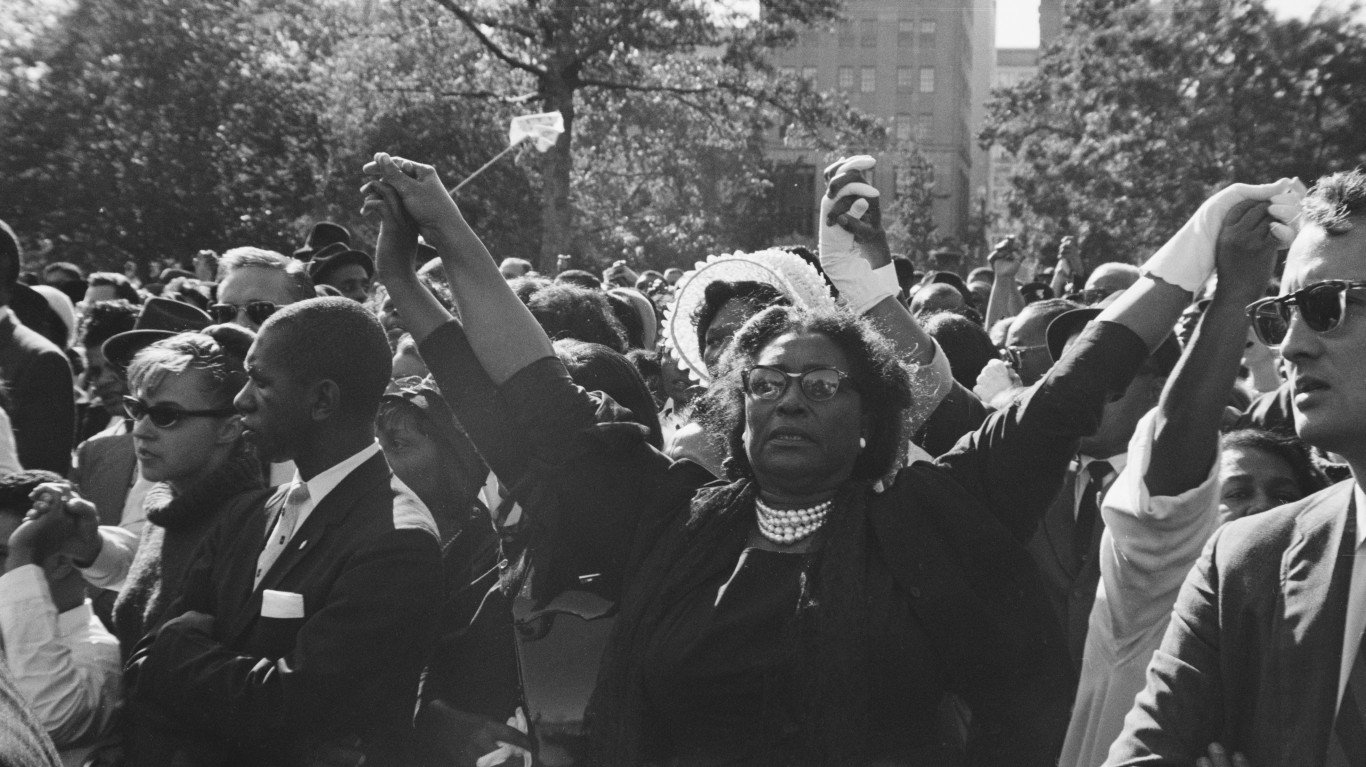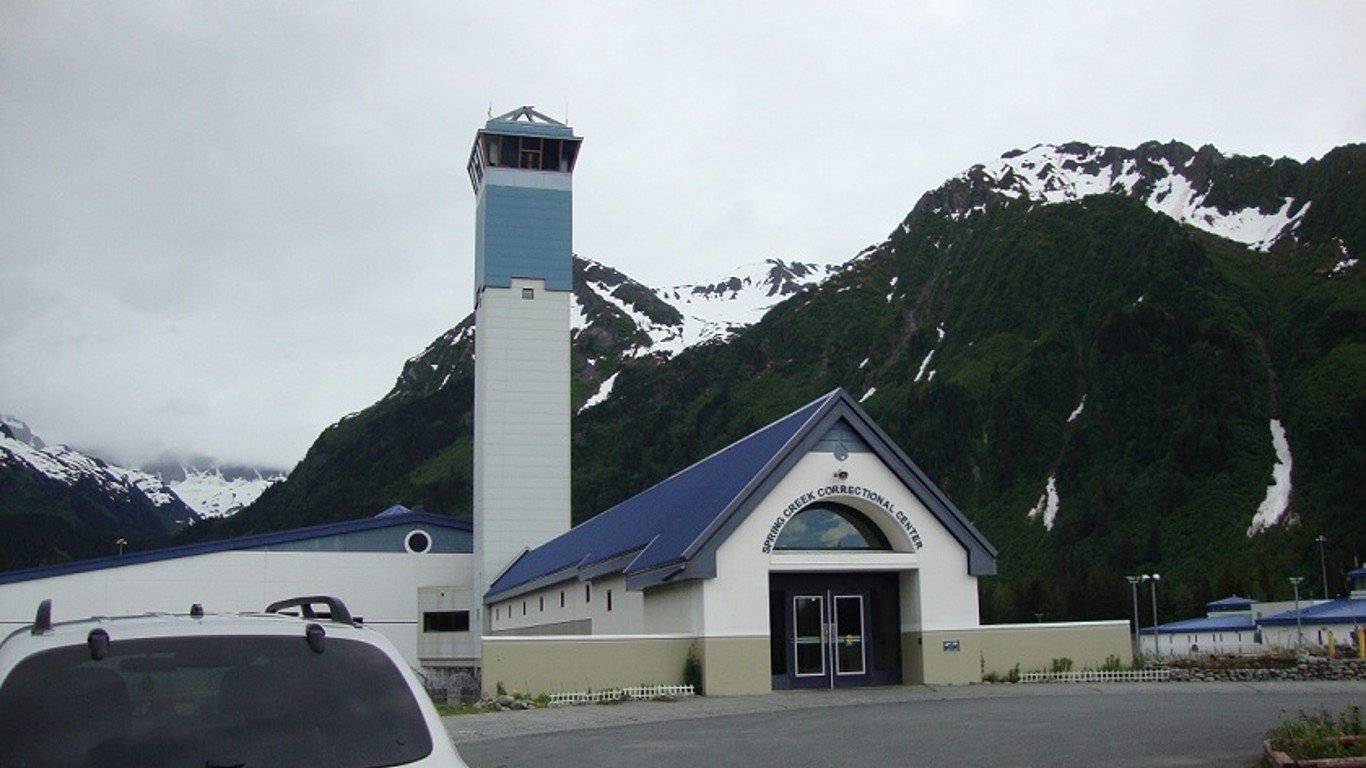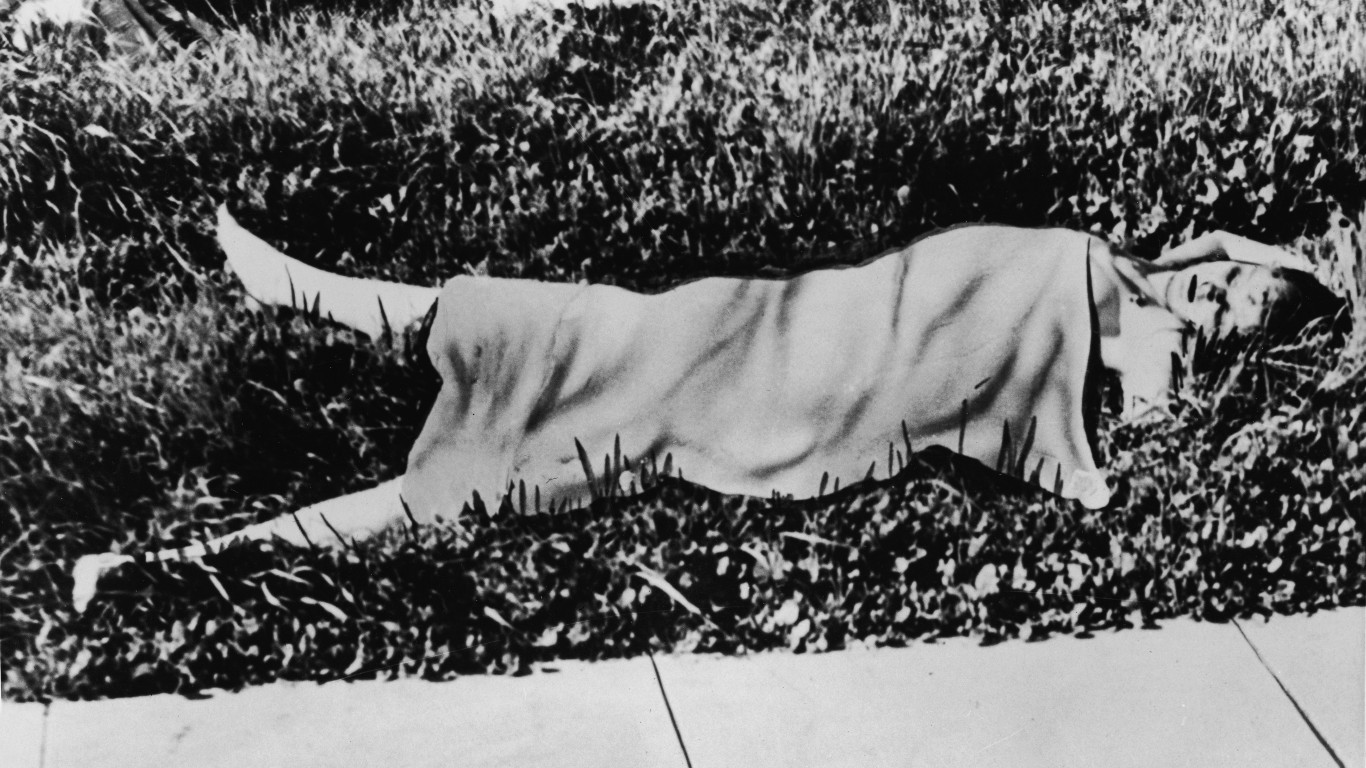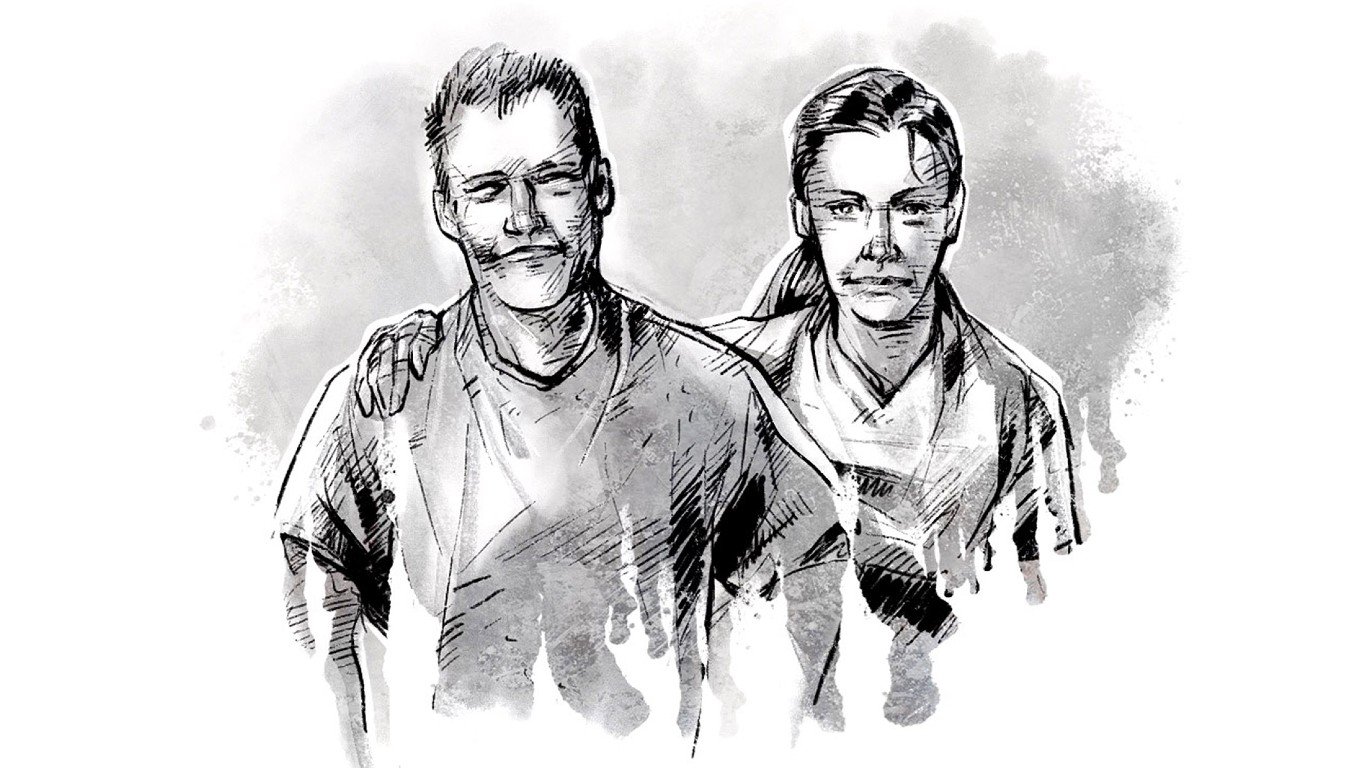
Alabama
> Crime: The 16th Street Baptist Church bombing in 1963
The battle over Civil Rights was at its height in the 1960s when members of the Klu Klux Klan bombed a church in Birmingham, Alabama, killing four young girls ages 11 to 14 and injuring more than 20 others. The Rev. Martin Luther King, Jr. spoke at the funeral for the girls. The horrific crime shocked the country and spurred on the Civil Rights movement, but the FBI closed the investigation after two years and blocked any prosecutions. The case was reopened in the late 1970s with one man, Robert Chambliss, sentenced to life in prison, and two others, Thomas Blanton and Bobby Cherry, convicted in the early 2000s. Another alleged participant, Herman Cash, died without ever being charged.

Alaska
> Crime: Robert Hansen hunting women in the Alaskan wilderness in the 1970s
In the 1970s, Alaska was the site of an oil pipeline construction boom. It was also the site of a series of grisly murders of women by baker Robert Hansen. Hansen captured the women and then hunted them down with a rifle in the Alaskan wilderness. In 1984, he confessed to killing 17 women and raping 30 more. He died in 2015 at 75 while serving a 461-year sentence for the murders. His story was made into a movie, “Frozen Ground,” starring Nicholas Cage and John Cusack.
Arizona
> Crime: Jodi Arias murdered her ex-boyfriend in 2008
When Travis Alexander was found in a pool of blood at his home in Mesa, Arizona, his ex-girlfriend Jodi Arias was soon fingered as a suspect. Although she claimed self-defense, Arias was charged and convicted of first degree murder in 2013. However, the jury deadlocked on whether to give her the death penalty. A second jury couldn’t come to a decision on a penalty either, and a judge imposed a life sentence without the possibility of parole after 25 years. She’s currently serving her term in a state prison in Arizona.
Arkansas
> Crime: The West Memphis murders in 1994
When three second-graders were found bound and mutilated in a pond, suspicion fell on three supposed “Satan worshippers” – Jessie Misskelley, Damon Echols, and Jason Baldwin. Called the West Memphis Three,” the teens were convicted, with Echols receiving the death penalty (never carried out) and the other men sentenced to life imprisonment. But in 2007, DNA evidence indicated the men had no connection to the crime. Sketchy eyewitness testimony and contested confessions further cast doubt on their guilt. In 2011, the men entered Alford pleas, a rare legal maneuver in which they asserted their innocence but admitted the prosecutors had enough evidence to convict them. They were released after serving 18 years in jail.

California
> Crime: Black Dahlia murder in 1947
When the body, severed at the waist, of aspiring actress Elizabeth Short was found in Los Angeles, police and the FBI began an intense hunt for the killer. The victim was quickly dubbed the “Black Dahlia,” possibly for her dark clothing and as a reference to “The Blue Dahlia,” a movie in theaters the previous year. Despite tantalizing some leads, including fingerprints found on an anonymous letter possibly sent by the killer (the prints didn’t match anyone in the FBI’s files), the case of the Black Dahlia has yet to be solved.







